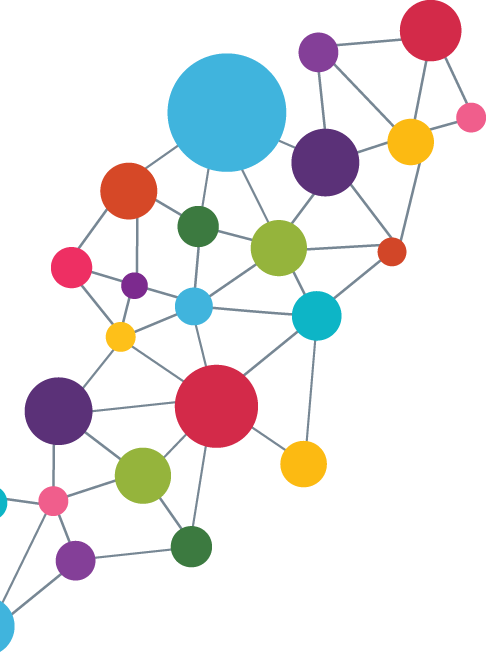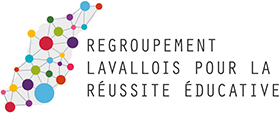Promoting literacy
In response to the wishes of the regional partners and in accordance with the Ministère de l’Éducation et de l’Enseignement Supérieur’s emphasis on literacy and numeracy skills, the Regroupement lavallois pour la réussite éducative (RLPRÉ) has launched a work group on the promotion of reading skills in Laval.
Soutenir la motivation à lire chez les parents et les jeunes – présentation le 3 octobre 2017 (French only)
Résumé du chantier sur la lecture le 3 octobre 2017 (French only)
Recueil des initiatives en lecture 2017 (French only)
Given that reading and writing are essential for learning all subjects, including mathematics, difficulty in reading and writing is not without consequence on young people’s performance in all subjects and on the continuation of their studies. Therefore, it is strongly recommended to expose children to reading at an early age so that they may benefit from it throughout their cognitive development and their school years. In fact, research demonstrates that reading a story not only entertains a child, but also helps develop his or her vocabulary, listening, comprehension and communication skills.
The pivotal age for learning to read is between 4 and 7 years old. Children who learn to read at an early age are more likely to continue reading for pleasure as well as learning. However, children who have reading problems are more at risk of performing poorly in other subjects. Low grades caused by their reading difficulties can cause low self-esteem and, if left unchecked, can increase their risk of dropping out as teenagers. The authors of a recent report based on the Quebec Longitudinal Study of Child Development maintain that having reading problems at age 7 is a reliable predictor of dropping out. Difficulties in French (reading and writing) appear to be as important a risk factor as socioeconomic status.
In light of this information, it is vital to intervene quickly and as soon as difficulties are detected, especially difficulties in reading and mathematics. From an academic standpoint, effective, evidence-based programs can significantly reduce the number of at-risk students in terms of reading proficiency from kindergarten through high school. More broadly, implementing family literacy programs in the community can also develop and promote reading proficiency among children. Such programs improve and enhance family literacy practices and parent-child interactions related to written language.






